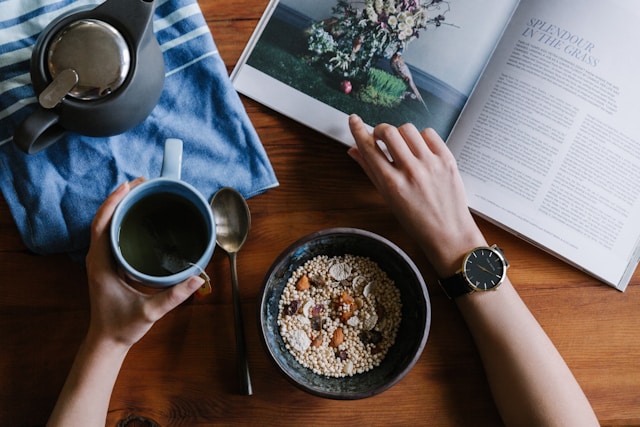Whether you are recovering from addiction, a recent surgery, or a traumatic event, routines can be a bridge that restores you to a sense of wholeness and predictability. In many ways, they can be a lifeline after a disruptive event or experience has caused you to lose some faith in the safety and comfort of life. As Cheryl Beutell, a psychiatric nurse practitioner at Northwestern Medicine, says, routines support better health. Taking time for self-care and eating a healthy diet can also improve your mental health. Read on to discover why routines can be the key to a life of greater productivity and joy.
The role of routines during recovery
If you or someone you know is recovering from addiction, trauma, and/or anxiety or depression, then you are probably aware of the importance that therapists place on routines from the start. People rebuilding their lives after major challenges may have been out of school, university or work for months or years. For them, planning their day around a timetable that could include exercise, school or work, and maybe even a… intensive outpatient program, gives them structure. It allows them to connect with others regularly, increases their confidence in their ability to stick to their commitments and gives them a sense of progress.
Primary and secondary routines
There are two types of routines: primary and secondary. Primary routines are the routines necessary to stay alive, such as sleep, food and hygiene. Secondary routines reflect individual preferences and motivations and may include leisure and social activities, study, meeting time goals, exercise, and the like. Studies have shown that while both types of routines influence mental health, prioritizing primary routines during times of acute stress is especially important.
Important primary and secondary routines to embrace
When you are recovering, it is essential to keep stress levels low, and this can be achieved through exercise, mindfulness meditation and spending time outdoors. Incorporate at least one mindfulness activity into your daily routine. Research has shown that spending just 10 minutes in a green environment, such as a park, is sufficient can help reduce stress and provide a better mood. Try to go to sleep at the same time every night and make sure to stop using screens an hour or two before bedtime (as screens increase alertness). Schedule a set time for grocery shopping each week so you have time to buy healthy food. Choose fruits and vegetables, whole grains, seeds and nuts, legumes, lean meats and fatty fish. Fiber-rich foods in particular can ensure your gut health is optimal, which in turn can promote better mental health. Finally, try to exercise every day. Doing this will ensure that ‘happiness hormones’ flood your brain and that ‘stress hormones’ such as cortisol are kept within healthy limits.
Routines are vital for everyone, but especially for people who are recovering. Whether you’re overcoming a mental illness or in the process of recovering from your medications, a routine can help you feel like a vital, progressive member of society. It can also give you the opportunity to meet people and build healthy relationships that can serve you well when times get challenging.





